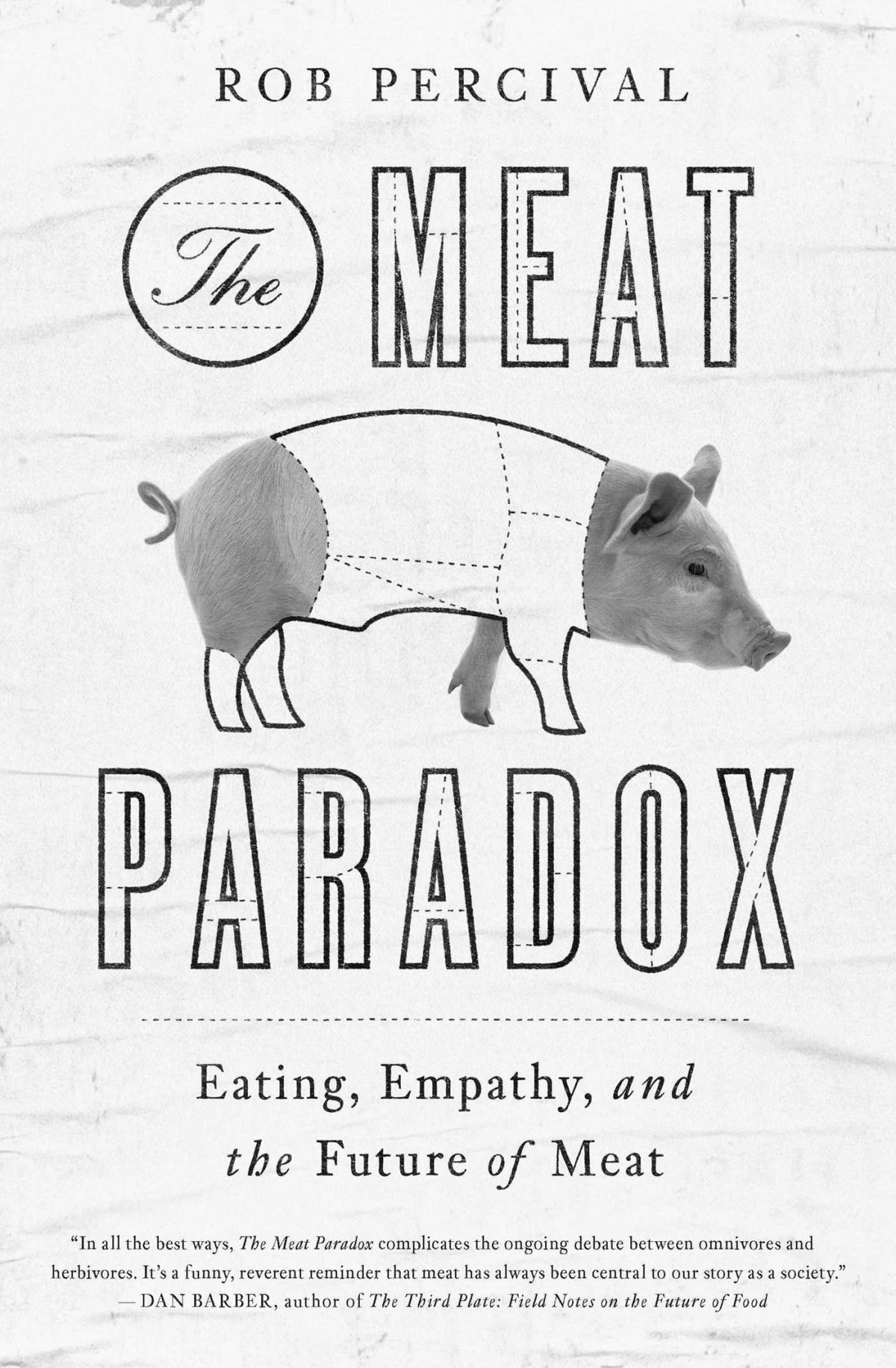Introduction
In the realm of decision-making, the Meat Paradox stands as a complex mental model that revolves around the ethical dilemma of consuming animals. This paradox arises when individuals hold both positive attitudes towards animals and a preference for their consumption. Understanding the concept of the Meat Paradox is crucial for recognizing the moral conflict at play and its implications for decision-making processes. Anchored in human psychology, this model often manifests in our day-to-day lives and influences our choices regarding meat consumption.
The Psychology of the Meat Paradox
The Meat Paradox is deeply rooted in human psychology and can be attributed to various cognitive biases and psychological mechanisms. One contributing factor is the “Carnism” belief system, which normalizes the consumption of meat while distancing individuals from the ethical implications of their choices. This system often operates unconsciously, perpetuating the dissonance between positive attitudes towards animals and their utilization as food.
Another psychological underpinning is the “System Justification” bias, wherein individuals justify and uphold the existing social and economic systems they are part of. In the context of the Meat Paradox, this bias can manifest as a defense mechanism to maintain the status quo, perpetuating the consumption of meat despite conflicting beliefs.
Examples of the Meat Paradox
Personal Life Decisions: An individual who strongly believes in animal welfare and expresses positive attitudes towards animals may still choose to consume meat. This internal conflict exemplifies the Meat Paradox, as their actions contradict their ethical stance. Despite recognizing the negative impact of meat consumption on animals and the environment, they continue to engage in behaviors that are incongruent with their values.
Business Scenarios: In the business world, companies may navigate the Meat Paradox when making decisions about their product offerings. For instance, a restaurant that claims to be environmentally conscious may include meat dishes on their menu, despite acknowledging the detrimental effects of animal agriculture. By succumbing to the Meat Paradox, the business compromises their ethical positioning and creates an inconsistency in their values.
Public Policy-Making: Public policy decisions related to animal agriculture and welfare can also be influenced by the Meat Paradox. Despite growing awareness of the environmental and ethical concerns associated with meat consumption, policymakers may fail to implement stringent regulations or support sustainable alternatives due to the paradoxical nature of their attitudes towards animals.
Mental Biases and Underpinnings of the Meat Paradox
The Meat Paradox is influenced by several cognitive biases. The “Confirmation Bias” leads individuals to seek and interpret information that supports their existing beliefs. In the context of the Meat Paradox, this bias can prevent individuals from fully acknowledging the ethical implications of meat consumption and reinforce their cognitive dissonance.
The “Endowment Effect” is another bias that contributes to the Meat Paradox. It refers to the tendency to overvalue objects or possessions simply because we own them. This bias can extend to the preference for meat consumption, as individuals place a higher value on the taste and tradition associated with meat, overshadowing ethical considerations.
Identifying and Overcoming the Meat Paradox
Recognizing when we are succumbing to the Meat Paradox is crucial for making more objective and ethical decisions. Here are strategies to help identify and address this mental trap:
Reflect on Personal Values: Take the time to reflect on personal values and the consistency between beliefs and actions. Acknowledge the ethical conflicts that arise from the Meat Paradox and consider the potential for aligning behavior with deeply held values.
Explore Alternatives: Investigate alternative food choices that align with ethical considerations, such as plant-based or lab-grown meat substitutes. Embracing these alternatives can help bridge the gap between positive attitudes towards animals and reducing meat consumption.
Educate Yourself: Stay informed about the ethical and environmental consequences of meat production and consumption. Engage with research, documentaries, and literature that shed light on these topics. By expanding knowledge and awareness, individuals can make more informed and compassionate choices.
Conclusion
The Meat Paradox highlights the complex moral dilemma surrounding the consumption of animals. Understanding the psychological biases and societal factors that contribute to this paradox is essential for making informed decisions. By promoting awareness and active avoidance of the Meat Paradox, individuals can strive for greater consistency between their values and actions, leading to more ethical and sustainable choices.
